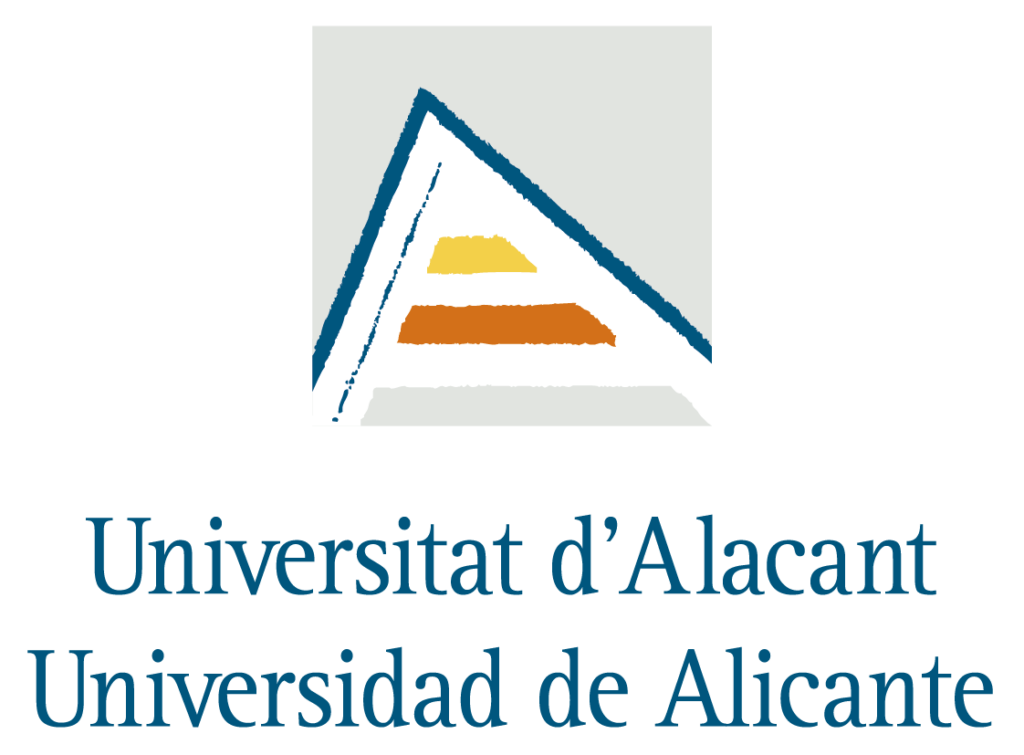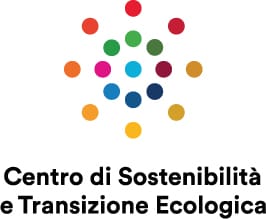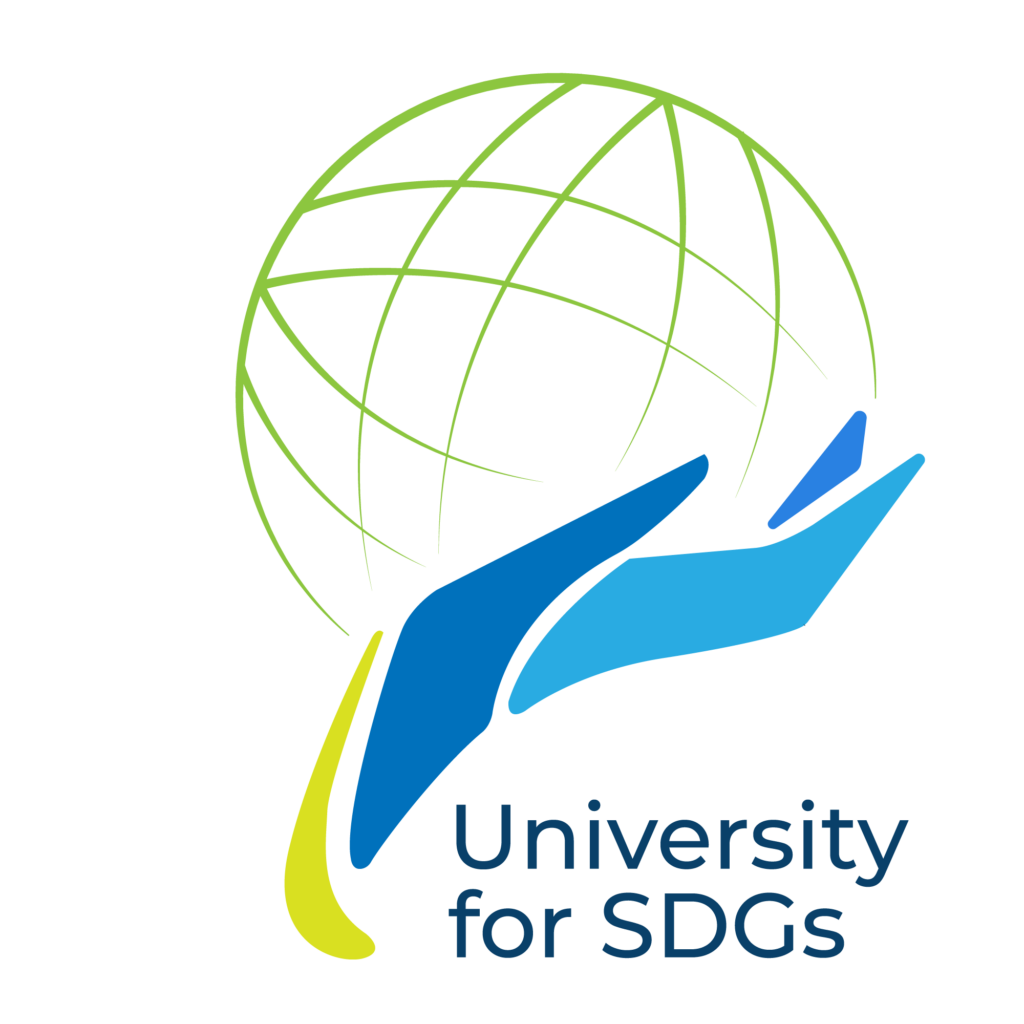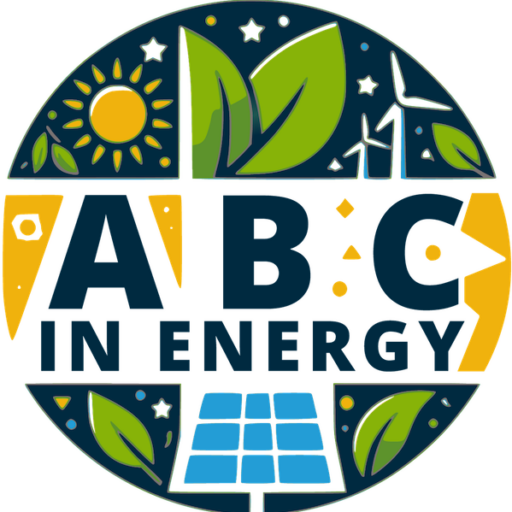
CESIE ETS (Italy, coordinator) is a European Centre for Studies and Initiatives based in Palermo, Sicily. It is a non-profit, apolitical, and non-governmental organisation, implementing projects in more than 80 countries.
Established in 2001 and inspired by the work and theories of the Italian sociologist Danilo Dolci (1924-1997), CESIE ETS contributes to the active participation of people, civil societies and institutions in various thematic areas, towards the promotion of growth and development, always valuing diversity in the respect of ethics and human development.
The organisation is dedicated to the promotion of research and development so as to increase and improve future-oriented innovation processes in educational, social, economic and cultural spheres.

World University Service (WUS) Austria (Austria) is a politically independent, non-governmental organisation dedicated to advancing the human right to education. Since its founding in Graz in 1983, WUS Austria has been working globally to further this mission. In an era where education plays an increasingly pivotal role in comprehending intricate social, political, cultural, and global issues, as well as in addressing the conflicts of the 21st century, WUS Austria places the pursuit of quality education for all at the forefront of its mission.
The organisation’s projects are fundamentally rooted in a human rights-based approach, aiming to equip learners with the knowledge, skills, values, and attitudes necessary for active engagement in addressing global challenges and fostering proactive efforts towards a more just world.

Minds Europe – Institute for Research Excellence and Technological Advancement (Serbia) is a research and development organisation which operates through four main drivers: CULTURE, NATURE, PEOPLE, AI.
The team consists of research and academic professionals with over 50 years of collective experiences in topics such as education, culture and creativity, ICT, digital transformation, digital well-being, human computer interaction, sustainability, environmental protection and climate change, health, mindfulness, resilience, social vulnerability and inclusion, rights & gender equality, vulnerable and marginalised groups and many other.
The institution brings together a critical mass of knowledge and skills on projects designed to create a stronger platform for interdisciplinary research and partnerships with industry to create solutions and further contribute to European economic, technological, and societal growth.

Universidad de Alicante (Spain) was founded in 1979. Being one of the youngest universities in Spain, the University of Alicante is also considered one of the most innovative and fastest developing in the country. More than 30,000 national & 3,000 international students are enrolled in 7 Faculties offering more than 50 degrees in all fields of study. Its particular field of interest lies within the context of international cooperation, promotion of innovation culture, strengthening of technology knowledge transfer and improvement of innovation support services.
The University of Alicante is a dynamic university with strong international orientation. It has a wide network and cooperates with universities and other stakeholders from over 90 countries worldwide. It has an efficient system of innovation support measures in place, including units such as: Technology Transfer Unit and Research Management Service, where all academic and research staff are guided in terms of innovation, technology transfer, Intellectual Property, entrepreneurship, national/international research activities, etc.

Università degli Studi di Palermo (Italy) is a historical university in Sicily, and in 2022 has founded the Sustainability and Ecological Transition Center – CSTE – of the University of Palermo. CSTE has, since then, participated in numerous national and international initiatives, supported small and medium local enterprises, and researched largely in the field of energetic innovation.

Université de Montpellier (France) is a leading global institution in ecology and a research-intensive university. It is a public experimental establishment ranked in the top 200 of the Shanghai ranking. The university encompasses several disciplines: science and technology, law, economics, environment, administration, management, medicine, pharmacy, physical and sports activities, biology, computer science, education sciences, and political science.
In 2022, it received the I-SITE (Initiative Science Innovation Territories Economy) label, partnering with 15 research and innovation organisations in the region. This Excellence Program (PEI) led by the University of Montpellier focuses on the themes “Nourish, Care, Protect” and draws on all scientific fields of the University and its partners. It also coordinates the University Innovation Hub (PUI).
Fighting against all forms of discrimination, the University of Montpellier is dedicated to promoting diversity, gender equality, and the inclusion of people with disabilities. It also places sustainable development at the core of its policy and way of life. This commitment has been recognised by the Times Higher Education rankings, which position it as the leading French university in terms of sustainable development.

Vilnius Gediminas Technical University (Lithuania) is one of the largest research universities in Lithuania, with a focus on technologies and engineering and a strong emphasis on university-business cooperation. They have been working for years in the field of international cooperation through EU funded projects and pursue the objective of a Sustainable University systematically since 2020.

University for SDGs (Italy) is a youth leader organisation, founded in Italy with the intent of promoting the 17 Sustainable Goals (SDGs) of the United Nations 2030 Agenda.
Building on collaborations established with local, national and international institutions, academia, and the business community, the organisation seeks to cultivate a dialogue between these stakeholders, hosting a series of meetings across national and international territories.
The aim is to formulate proposals on specific themes aligned with the Sustainable Development Goals, which will be brought to the attention of policymakers. The combination of our dissemination and advocacy activities, along with our initiatives, are collated into final reports, which have garnered the interest of United Nations, the European Commission and the Italian National Council for Economics and Labour.
